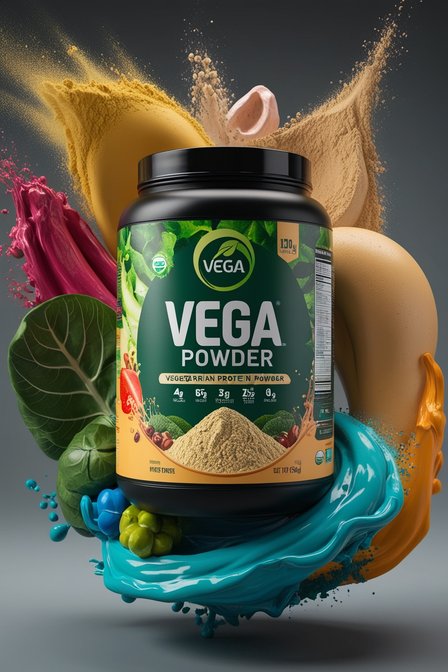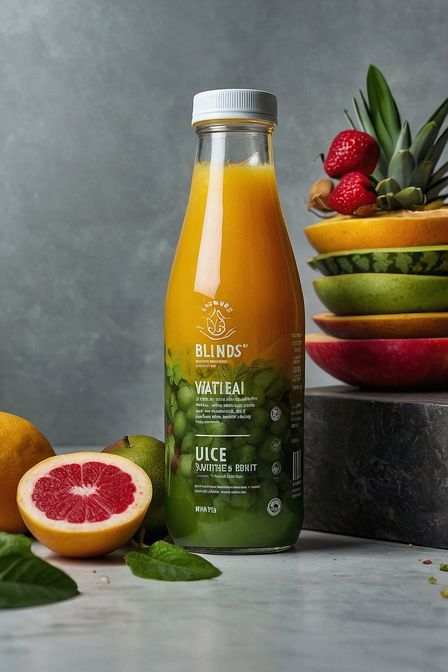Introduction to Vegan Protein Foods
Vegan protein foods have gained immense popularity in recent years, driven by increasing awareness of health benefits, environmental concerns, and ethical considerations. As the number of people adopting vegan lifestyles continues to grow, so does the demand for nutritious, protein-rich plant-based foods. This article delves into the various vegan protein sources, their nutritional benefits, and how they can be incorporated into a balanced diet.
The Importance of Protein in a Vegan Diet
Protein is an essential macronutrient required for numerous bodily functions, including tissue repair, muscle growth, and enzyme production. For vegans, obtaining adequate protein can be a concern, given the exclusion of animal products. However, with careful planning and a diverse diet, it is entirely possible to meet protein needs through plant-based sources.
Legumes: A Protein Powerhouse
Legumes, such as beans, lentils, and chickpeas, are among the most versatile and protein-rich vegan foods available. They are not only affordable and widely accessible but also packed with fiber, vitamins, and minerals. For instance, a cup of cooked lentils provides approximately 18 grams of protein, making it an excellent addition to any meal. Incorporating legumes into soups, stews, salads, and even veggie burgers can significantly boost protein intake.
Nuts and Seeds: Compact Nutritional Powerhouses
Nuts and seeds are another fantastic source of vegan protein. Almonds, peanuts, chia seeds, flaxseeds, and hemp seeds offer substantial protein content alongside healthy fats and essential nutrients. For example, two tablespoons of chia seeds contain about 4 grams of protein, while a quarter cup of almonds provides 7 grams. These can be easily added to smoothies, oatmeal, yogurt, or enjoyed as a snack to enhance protein consumption.
Grains: More Than Just Carbohydrates
Whole grains like quinoa, farro, and brown rice are not only rich in complex carbohydrates but also provide a decent amount of protein. Quinoa, often hailed as a superfood, contains all nine essential amino acids, making it a complete protein source. A cup of cooked quinoa delivers around 8 grams of protein. Incorporating a variety of whole grains into meals can help maintain a balanced diet while ensuring sufficient protein intake.
Soy Products: Versatile and Protein-Rich
Soy-based foods, including tofu, tempeh, and edamame, are staples in many vegan diets due to their high protein content and versatility. Tofu, for example, is made from condensed soy milk and provides approximately 10 grams of protein per half-cup serving. Tempeh, a fermented soy product, is even richer in protein, offering around 15 grams per half-cup. These foods can be marinated, grilled, stir-fried, or used in soups and salads, making them excellent meat substitutes.
Vegetables: Surprisingly Protein-Dense
While vegetables are not typically known for their protein content, certain varieties can contribute significantly to daily protein needs. Broccoli, spinach, Brussels sprouts, and peas are among the higher-protein vegetables. For instance, a cup of cooked spinach contains about 5 grams of protein. Including a variety of vegetables in meals not only boosts protein intake but also provides essential vitamins, minerals, and antioxidants.
Plant-Based Protein Supplements
For those seeking an additional protein boost, plant-based protein supplements can be a convenient option. Protein powders made from peas, hemp, brown rice, and soy are widely available and can be easily incorporated into smoothies, baked goods, or even mixed with water or plant-based milk. These supplements typically provide around 20 grams of protein per serving, making them an effective way to meet protein requirements.
Combining Protein Sources for Optimal Nutrition
One of the key aspects of a vegan diet is combining different protein sources to ensure a complete amino acid profile. While some plant-based foods are complete proteins, others lack one or more essential amino acids. By consuming a variety of protein-rich foods throughout the day, vegans can ensure they receive all necessary amino acids. For example, pairing rice with beans or whole grain bread with peanut butter creates a complete protein meal.
Health Benefits of Vegan Protein Foods
In addition to providing essential protein, vegan protein foods offer numerous health benefits. They are typically lower in saturated fats and cholesterol compared to animal-based proteins, reducing the risk of heart disease. Plant-based proteins are also rich in fiber, promoting healthy digestion and aiding in weight management. Moreover, consuming a diet rich in plant proteins has been linked to a lower risk of chronic diseases such as diabetes and certain cancers.
Environmental Impact of Vegan Protein Sources
The environmental benefits of vegan protein sources are significant. Plant-based diets generally require fewer resources, such as water and land, and produce fewer greenhouse gas emissions compared to animal-based diets. By choosing vegan protein foods, individuals can contribute to a more sustainable food system and reduce their environmental footprint.
Culinary Creativity with Vegan Proteins
Incorporating vegan protein foods into meals can be a culinary adventure. The versatility of plant-based proteins allows for creativity in the kitchen, enabling the preparation of a wide range of delicious and nutritious dishes. From hearty lentil stews and tofu stir-fries to quinoa salads and almond butter smoothies, the possibilities are endless. Exploring different cuisines and experimenting with new recipes can make a vegan diet both enjoyable and satisfying.
Conclusion
Vegan protein foods offer a diverse and nutritious alternative to animal-based proteins. By including a variety of legumes, nuts, seeds, grains, soy products, and vegetables in their diet, vegans can easily meet their protein needs while enjoying a range of health benefits. Additionally, the positive environmental impact of plant-based diets underscores the importance of choosing sustainable food sources. With careful planning and culinary creativity, a vegan diet can be both fulfilling and nourishing.




